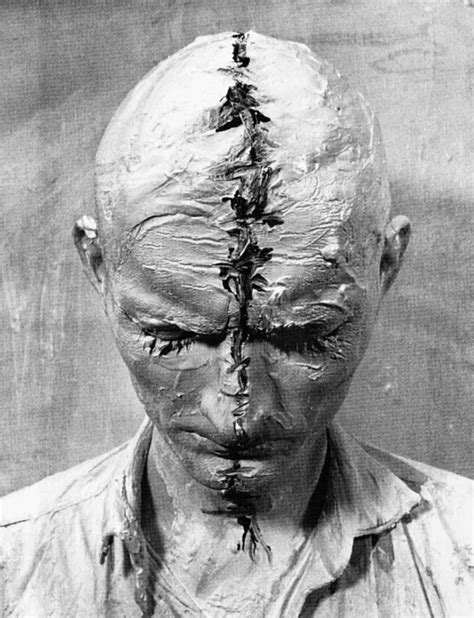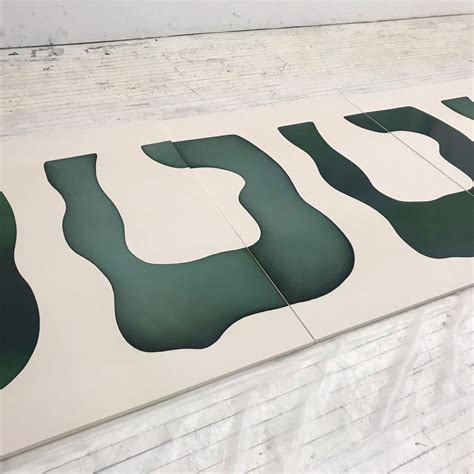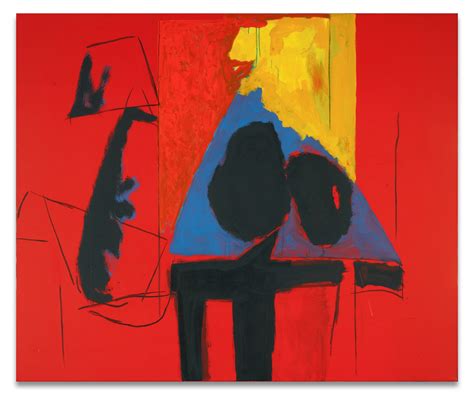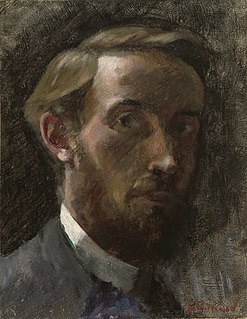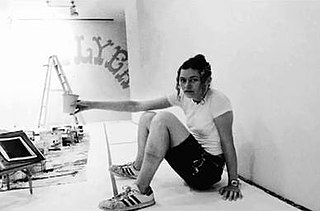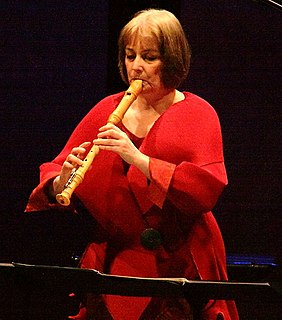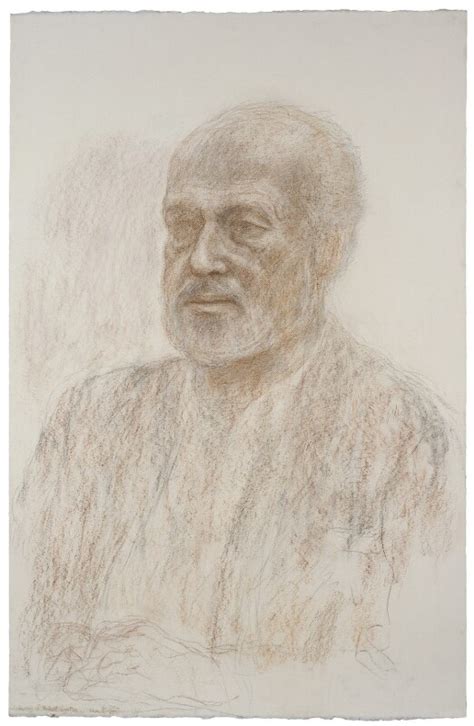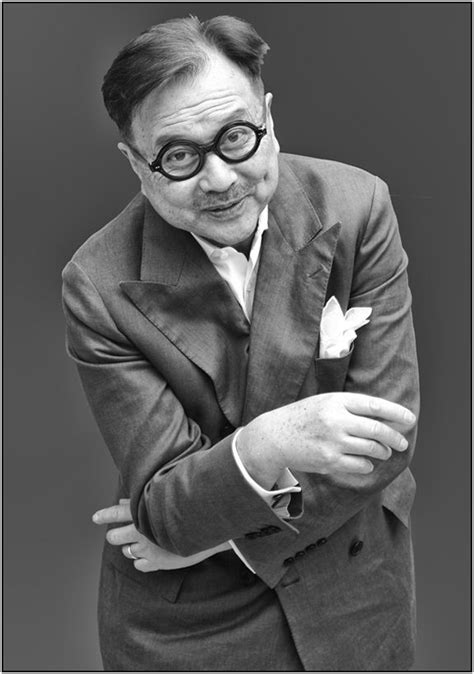A Quote by Heart Evangelista
Yes, I'm very expressive with my painting.
Quote Topics
Related Quotes
Self-painting is a further development of painting. The pictorial surface has lost its function as sole expressive support. It was led back to its origins, the wall, the object, the living being, the human body. By incorporating my body as expressive support, occurrences arise as a result, the course of which the camera records and the viewer can experience
What I think confuses things is when people approach painting as an inherently expressive or personal medium. We still tend to have this expectation of purity with painting, this idea not only that the artist must be reflected in his or her canvases, but more importantly, that this is where one finds meaning.
Having a background in doing printmaking and letterpress, I think that I became very interested in images that were flat and graphic. And my painting still today is very flat...American craft is like that too - the painting is very flat. And also the painting that you see on the storefronts, handmade signs, tend to be very flat. That's probably my biggest influence.
All human action is expressive; a gesture is an intentionally expressive action. All art is expressive - of its author and of the situation in which he works - but some art is intended to move us through visual gestures that transmit, and perhaps give release to, emotions and emotionally charged messages. Such art is expressionist.
A lot of young painters love to incorporate celebrity. One idea of being a painter is to use what's happening at the time. Velázquez was painting of his time. And so was Rembrandt. And Francis Bacon was painting his time in London. He was a real mover, but he saw the insect in the rose. But yes, when I do a painting, I want to take the "I did this" out of it. That's why I started using chance, like the markings on the wood. I never wanted to compose.
The true essence of Chinese culture is sophistication, refinement, the spirit of poetry. The spirit of ink painting and calligraphy lives on forever. Calligraphy is more important than painting. Chinese always consider nature. Man is a very small part of nature. That's why in Chinese painting you see huge mountains and man very small, very humble before nature. You must be harmonious and one with nature. You don't fight it. And then there's a bit of a poetry. Of course, it's very complicated, but also very simple.
Policemen and security guards wear hats with a peak that comes down low over their eyes. Apparently this is for psychological reasons. Eyebrows are very expressive and you appear a lot more authoritative if you keep them covered up. The advantage of this is that it makes a lot harder for cops to see anything more than six foot off the ground. Which is why painting rooftops and bridges is so easy.

